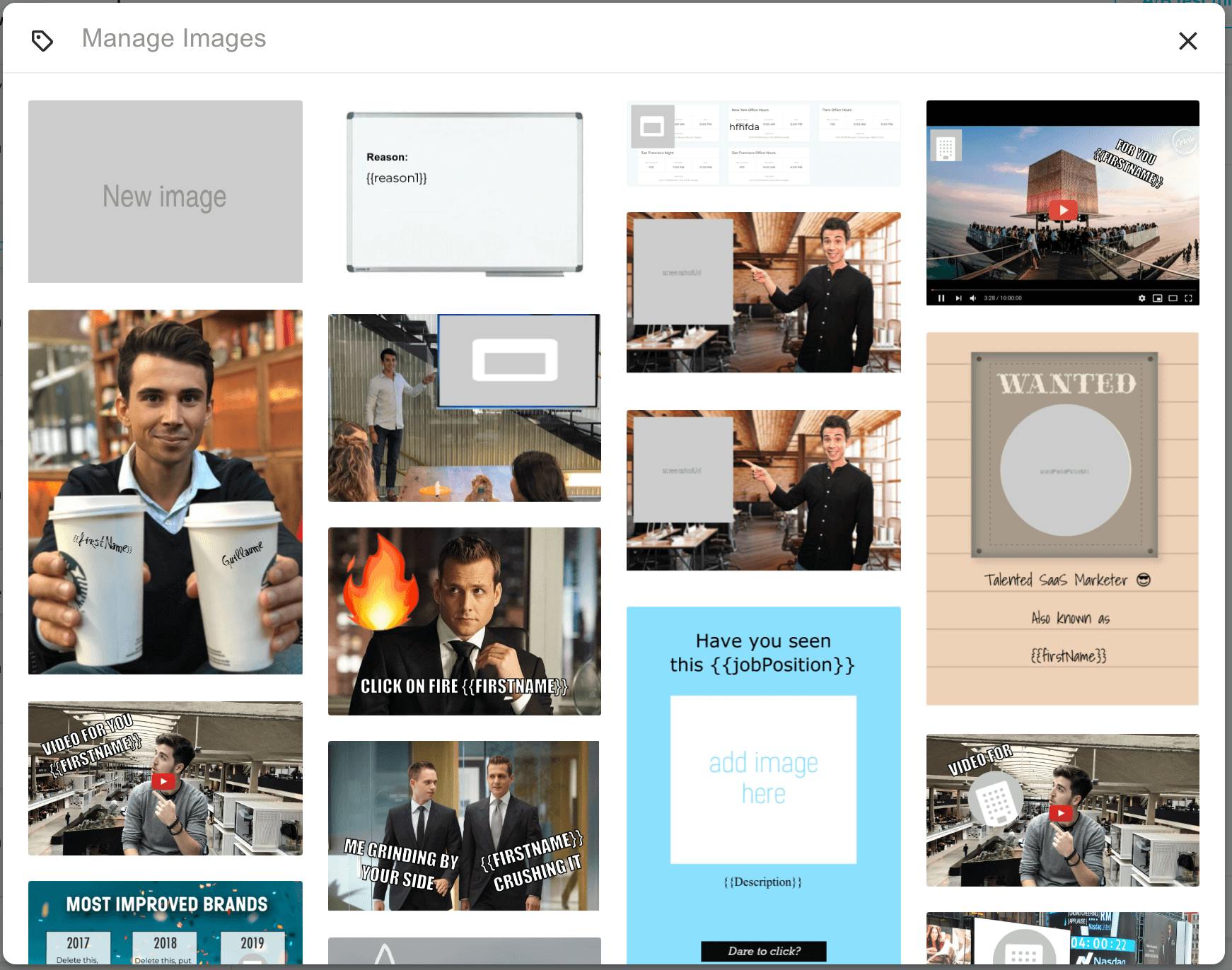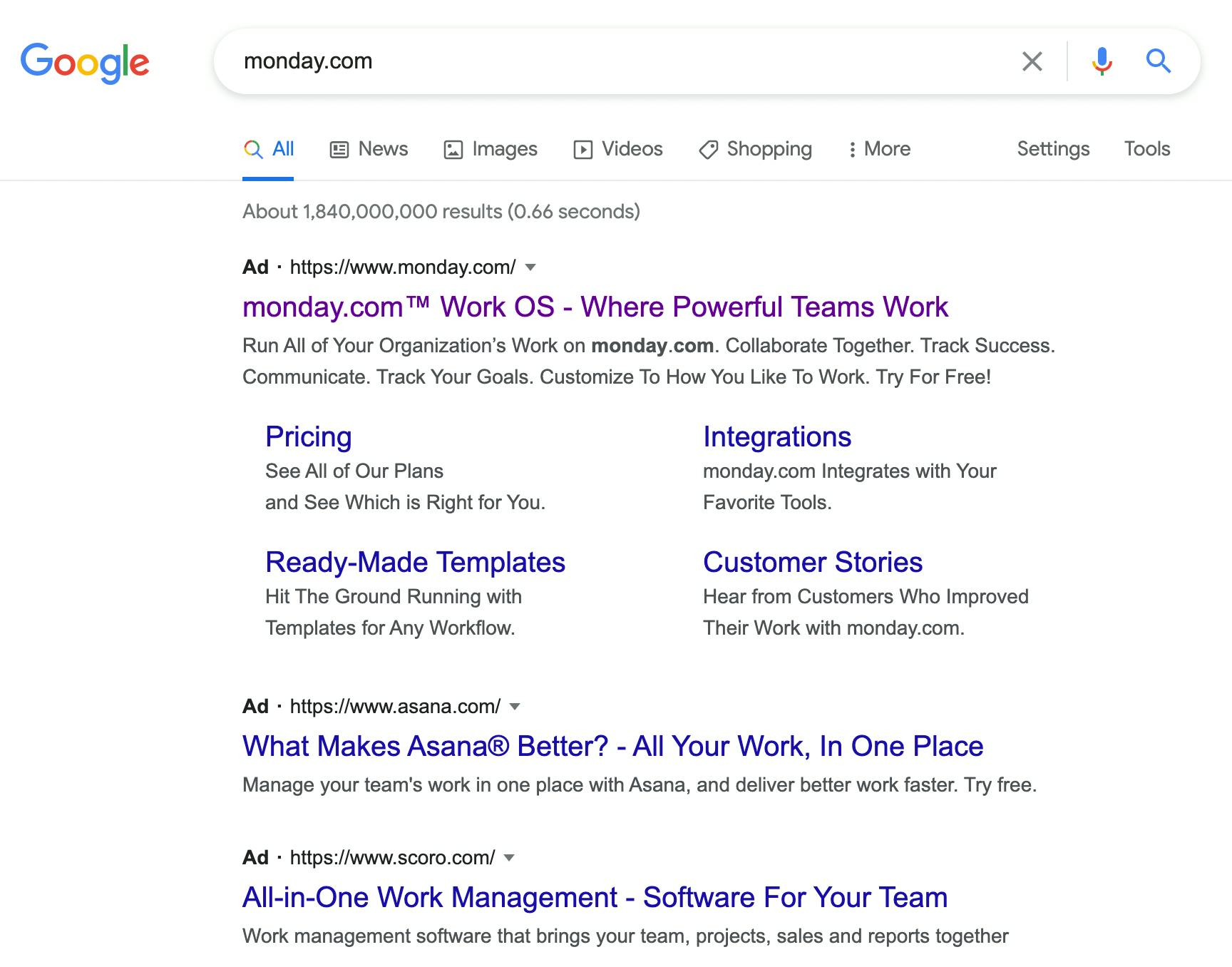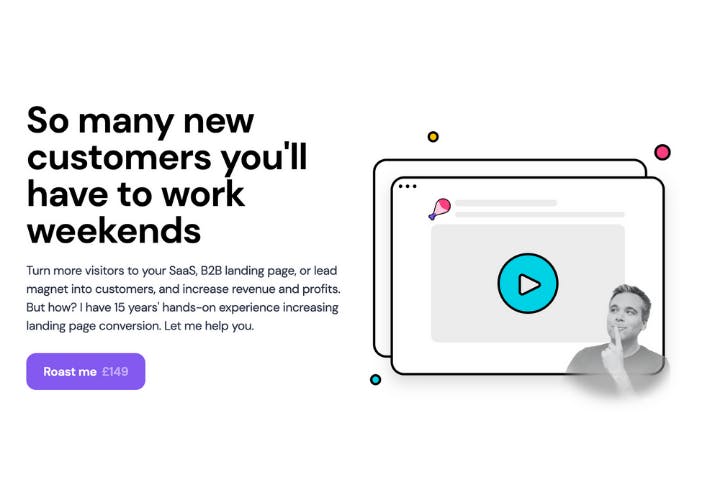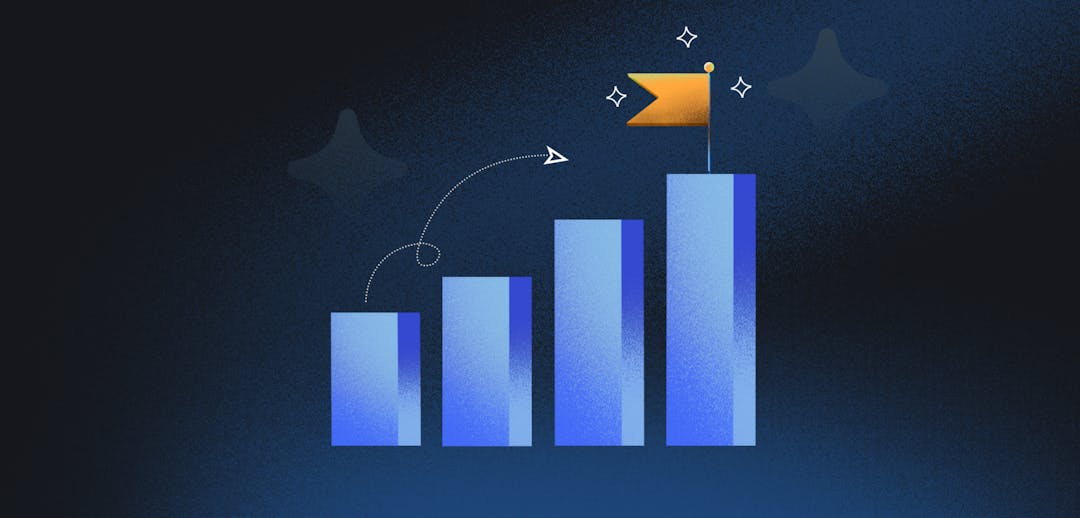Your SaaS startup is live, your landing page is looking smart, you've established a target cost per action, and feedback on your product during user testing is fantastic.
But now the real challenge starts: getting your SaaS startup's first 100 users.
You'll need to test and scale your marketing efforts to reach that important milestone. To help you out, here are 5 proven methods that will guarantee your business' first users (plus, a bit more about the businesses that used them successfully):
1) Outbound marketing
Outbound email should make up your first SaaS marketing experiment, and it can take place via your standard email service, or via LinkedIn and Twitter messaging.
It's free, proven, and can generate quick results with relatively small amounts of work. Any founder can find the details of potential customers (known as lead sourcing), and reach out over email or direct messaging.
But how to get it to work?
The key is not to send a sales message but instead, build a relationship, start a conversation, or make a small 'ask' with highly personalized emails. Over time, you can increase the ask into a request to try out your product demo. For startups in their early stages, remember that it's more important to listen than to talk.

Many early-stage founders worry this type of outreach can be tacky or spammy, but if you truly believe in the solution that your business provides, consider your outreach to be helpful to the recipient.
Start with your existing network and their contacts to get the best response.
Example of Outbound success:
Outbound emails helped SaaS Lemlist grow to over 10,000 customers and $6,000,000 in ARR in just 3 years.
This method was a no-brainer for them, as they provide cold email templates as a service.
2) Google Search ads
Google Search allows you to bid against your competitors, as well as specifically target people who are problem or solution-focused right now.
Unlike Facebook, where people are logging on to see pictures of friends or catch up on the gossip of their extended families, Google is used by people who are in the right mindset. They are using Google Search to find an answer or solution to their questions or problems.
However, you will pay for this privilege: costs per click on Google for SaaS-relevant keywords can easily pass $5.
Still, Google Search is a great platform to acquire the first customers for your SaaS business.
Examples of Google Search ads:
One well-known technique is to bid on your competitors' business names. This gets you in front of people exploring your competitors - potentially at the point that they're looking to sign up. These days, it's almost impossible to Google any well-known SaaS without seeing a list of competitors advertising.
Here you can see Asana and Scoro bidding on Monday.com, and presenting themselves as a clear alternative product.

3) Community outreach
DesignJoy is an all-inclusive design service founded by Brett Williams. Leading startups use his service for creative design work for websites, apps, decks, and ads.
But how did Brett acquire his first customers? The answer: almost exclusively through driving traffic from communities.
Brett shared his story on indiehackers.com, a well-known community for indie makers. What Brett didn't do was spam the community. Instead, he replied to questions, shared insights from his own journey, and created a narrative that people loved, as well as a service that people needed. In fact, Brett has posted 1000s of high-quality comments on the indiehackers community, which you can see here.
Where to post for community outreach
Many successful founders attribute community outreach to early validation and first customer acquisition. Common community platforms for posting and discussing SaaS businesses include Facebook Groups, Quora, Product Hunt, Hacker News, and Reddit.

4) Content marketing and SEO
Whilst it's not necessarily the fastest method, SEO and content marketing are good paths to go down when it comes to gaining more customers and achieving authority within your industry.
Video-editing software, VEED used two strategies to grow $1,000,000 ARR in less than a year, with no funding. The first being community outreach on Quora, and the second being a very smart search engine optimization strategy. But what techniques did they use?
SEO is not usually considered a good way to get the first users of your SaaS, as it does take some time to build authority (including the backlinks) and to ultimately rank in search engine results for your preferred keywords. However, VEED used a smart, specific strategy to achieve rankings quickly.
They focused on building out very detailed landing pages for unique-use cases that potential users were searching for. These included keywords and phrases such as 'translate video', 'add subtitles to video', and 'video meme maker', (to name a few). You can see these pages linked from the VEED footer.
Using SEO for your SaaS business
SEO is not a quick win but the gains compound over time, and the only outlay is time.
To kick off, you need to identify keywords with higher search volumes and lower competition. This often means going niche. Learn from VEED: deconstruct aspects of your product into specific use cases and create search-optimized, deep-dive pages for each of them.

5) Landing page optimization
If you're driving visitors to your SaaS landing page from any marketing channel, you need to ensure they're converting into customers on your landing page.

Otherwise, the money and time you're spending on marketing are being lost at the most critical moment.
If you can increase the percentage of visitors on your landing page that become customers, you'll see a significant boost in your overall marketing ROI.
You can also A/B test different landing page variations to see what works best with your audience, or book a landing page conversion roast from an expert.
When testing, it's always best to start with big changes. Focus on a hypothesis (eg. I noticed this, so I should do this and should expect to see this... ), and optimize to learn more about your customers. Testing will give you the data you need to refine your pages and make them their best.




